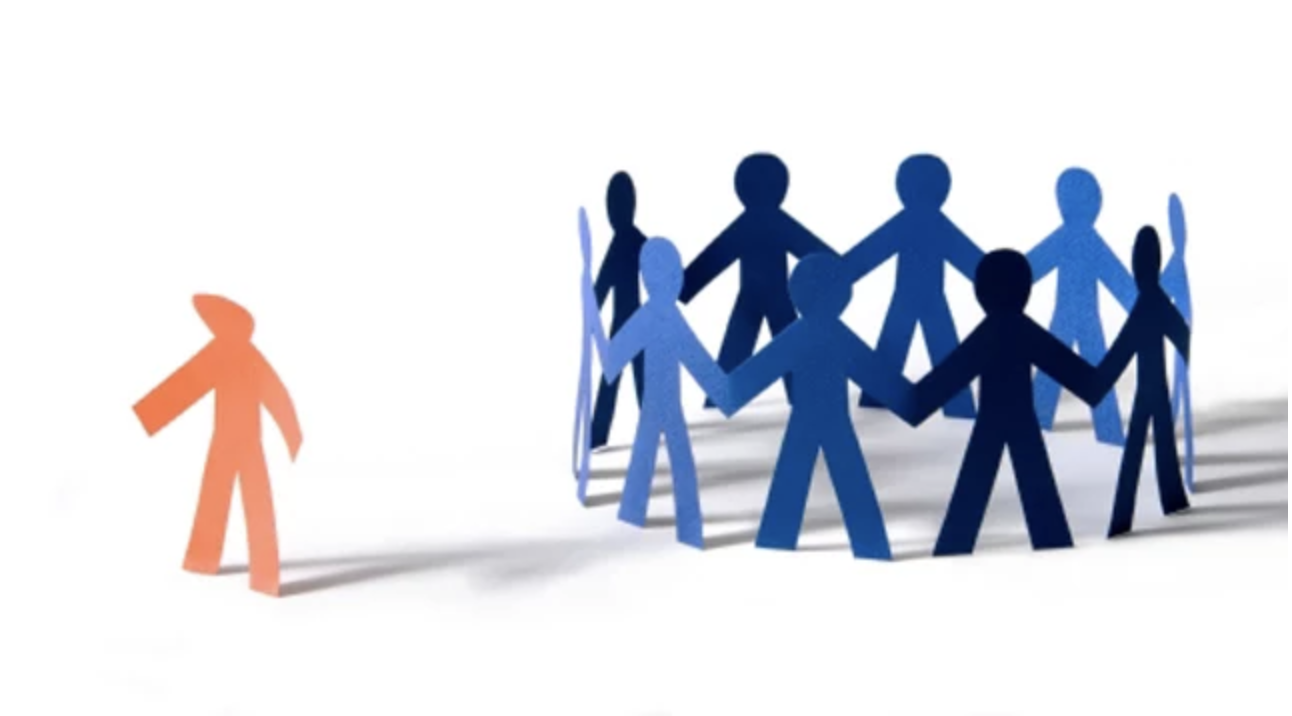The semester has begun. We are all entering into new routines, new environments and new relationships. The social arena is open and buzzing with activity. The actions taken, the connections made and the initial steps that are committed will inevitably have massive implications pertaining to what our semester’s experience will be like. The pressure is on.
We must think carefully about how our actions in the present will affect our prospects in the future. There are many different social phenomenons that make themselves known during this time of our lives, and I would like to focus on one I like to call the extrovert mask.
THE EXTROVERT MASK
The extrovert mask presents like this: naturally introverted or ambivert people feel pressured to act more extroverted during certain life seasons, most notably during the early months of college.
Introverts gain their energy from spending time alone, as opposed to extroverts gaining energy from time with other people. Community-based Urban Dictionary describes an introvert as a person that “enjoys time alone without unwanted distractions and stimulation in order to recharge their inner strength.”
Introversion and extroversion as classifications of personality have nothing to do with how socially awkward a person is, and everything to do with how they feel rejuvenated and rested. The first few weeks of college require an insane amount of interaction. This time is critical, as the first few weeks to a month of college is the time when people are most open to meet and interact with new people.
I had a rough first semester because I did not take full advantage of this vital window. I am sure a lot of you reading this can relate to this experience.
People who do not naturally seek other people in their times of rest can very easily feel like they are falling through the cracks of the massive social arena that is Biola University. To make friends, build connections and begin forging our social and professional networks, introverts very often must take on the social eagerness and tenacity of extroverts.
NEGATIVE AND POSITIVE IMPACTS
This can feel draining and attacking. To an introvert, being forced to engage in socially draining situations when you have already expended your social energy for the day can feel like an assault on your very identity.
When an introvert is pushed beyond their social capacity, they often lash out and treat others in ways they would normally never even consider. It can bring out the very worst in an introvert to be shoved into an extrovert-shaped hole. However, it can also bring out something much better. We must all be patient and supportive with our introverted friends when they are seeking to grow in this area.
It can be good for people to be forcibly grown into more well-rounded individuals. It is part of God’s will for our lives to be constantly improving ourselves and gaining more skills with which to glorify God and exemplify his image. God makes us introverted and extroverted on purpose. He wants us to live joyously as the creation he has molded us into. That being said, there is a distinct difference between living gratefully in the shoes of the person you were dropped into, and stagnating in our growth as people and image bearers.
PUTTING ON THE EXTROVERT MASK
Let me make one thing perfectly clear: I do not believe that extroverts are better than introverts. All people, regardless of social bend, should seek to stretch and grow themselves in safe and healthy ways. It just so happens that this particular arena, the early stages of professional and social development in college, is better suited to extroverts than introverts, and therefore will require more growth from the introverts.
This phenomenon of “putting on the extrovert mask” can be painful and difficult to deal with. However, I also think that it is a beneficial exercise which leads both natural introverts and extroverts to constantly improve themselves. We better get used to the idea of acting like extroverts in many situations whether we like it or not. If we are to build the professional and social capital that are essential for a productive life, we are going to have to put on that extrovert mask at some point.
We are often forced to wear masks in our day to day and professional lives. It does not mean we are “faking it,” it only means we are acting in whatever way we must to best benefit ourselves and those around us.
The extrovert mask is one of those masks that pushes us to grow ourselves and become more complete image bearers of God. The extrovert mask may hurt sometimes, and it may not even fit very well, but I believe that it is a mask we must sometimes wear regardless. If we are attentive to how it nudges us to act, we may just learn something useful.








